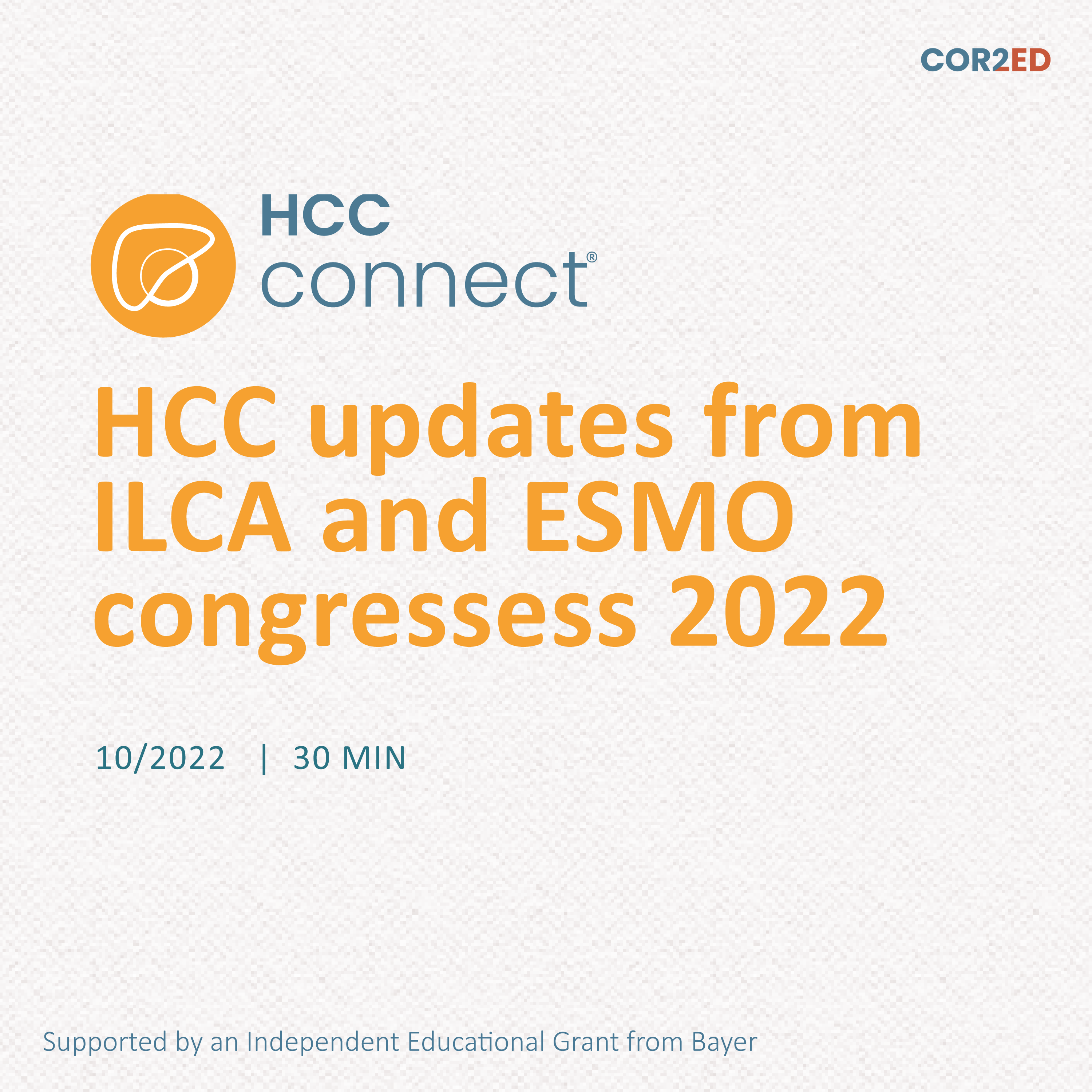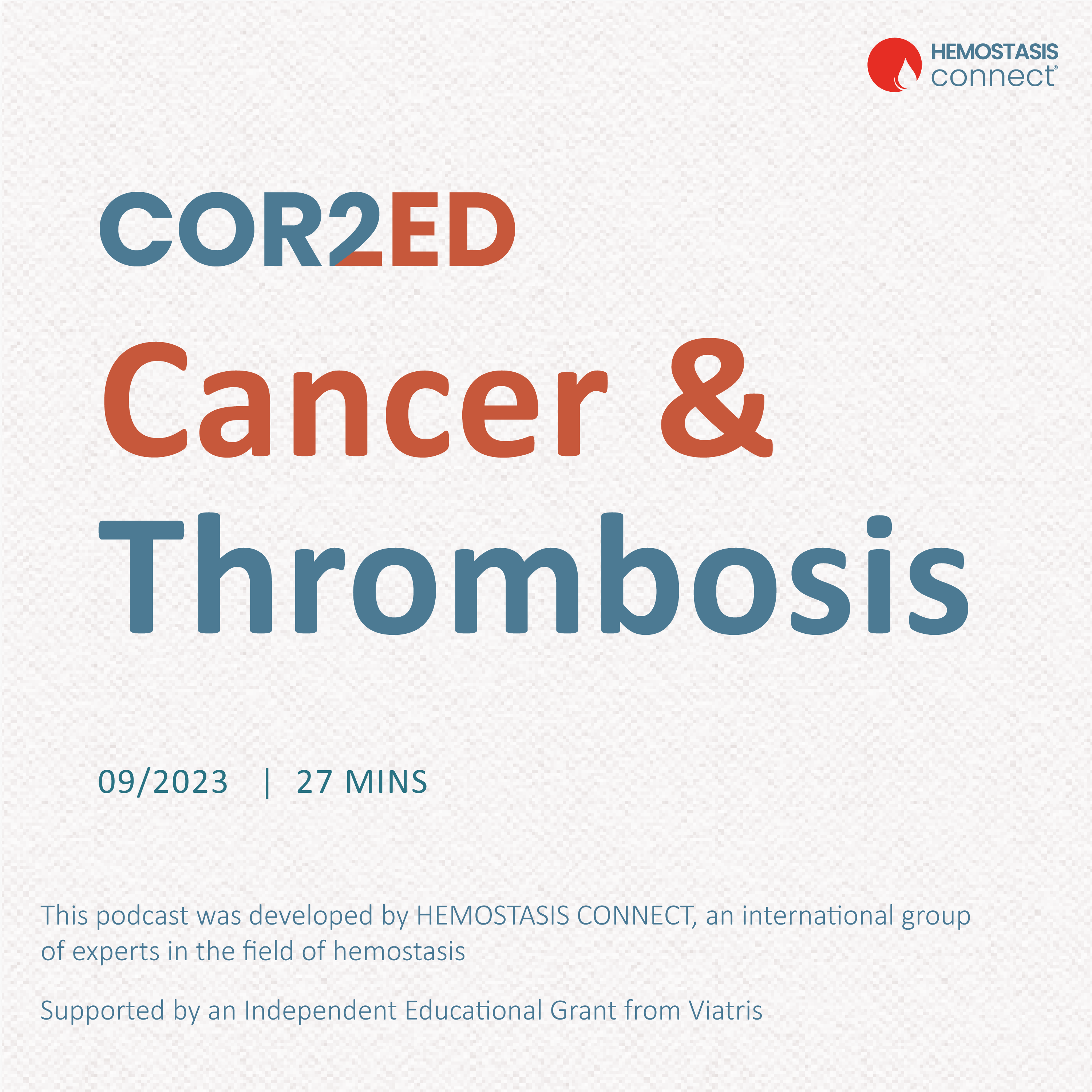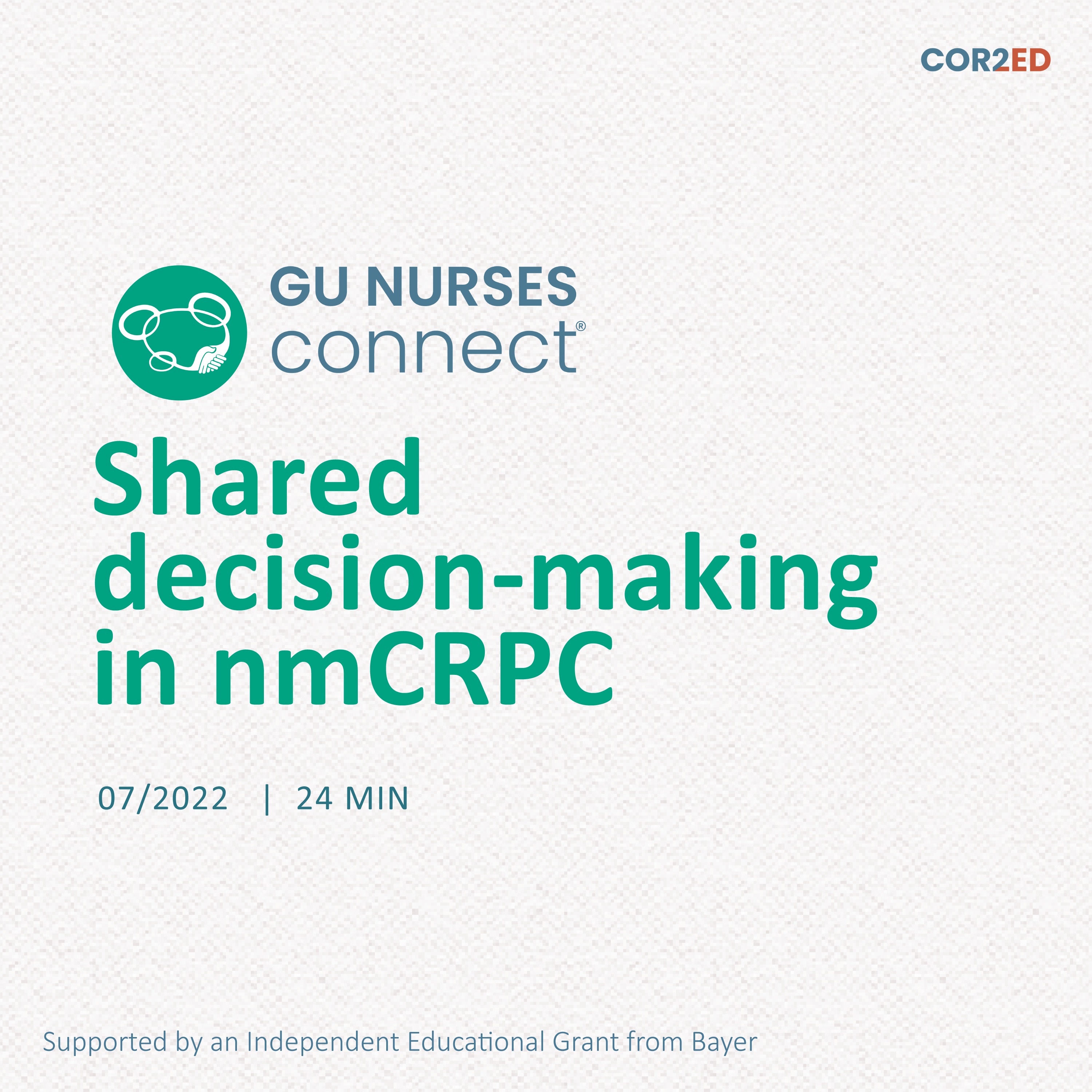Dr. Tanya Dorff (City of Hope Comprehensive Cancer Center, Los Angeles, USA) and Dr. Phillip Koo (Banner MD Anderson Cancer Center, Arizona, USA) discuss the latest developments in the field of radiopharmaceuticals and their use in Prostate Cancer.
This second episode focuses on PSMA-targeted radiopharmaceuticals and how PSMA can be a target for imaging as well as for therapies. Efficacy and safety data from the phase 2 TheraP study are discussed which investigated lutetium-PSMA versus cabazitaxel in patients with mCRPC who had progressed on docetaxel. The experts also discuss the ongoing VISION trial and what the results may mean for clinical practice as well as other ongoing trials looking at lutetium-PSMA in combination with other prostate cancer therapies such as PARP inhibitors, immunotherapies, hormonal therapies and chemotherapy. Treatment sequencing is also considered in terms of where lutetium-PSMA fits into clinical practice for mCRPC patients and how the treatment compares to Radium-223.

COR2ED Medical Education: In this HCC CONNECT podcast HCC Experts Prof. Matthias Pinter and Prof. Jeroen Dekervel, discuss and debate the clinical implications of...

COR2ED Medical Education: In this podcast episode, Prof Dimitrios Tsakiris (Haematologist, Basel University, Switzerland) and Dr Lars Asmis (Haematologist, University of Zurich, Switzerland) discuss...

Shared decision-making in nmCRPC: Treatment considerations to maintain quality of life COR2ED Medical Education: Brenda Martone, a nurse practitioner at Northwestern Medicine in Chicago...